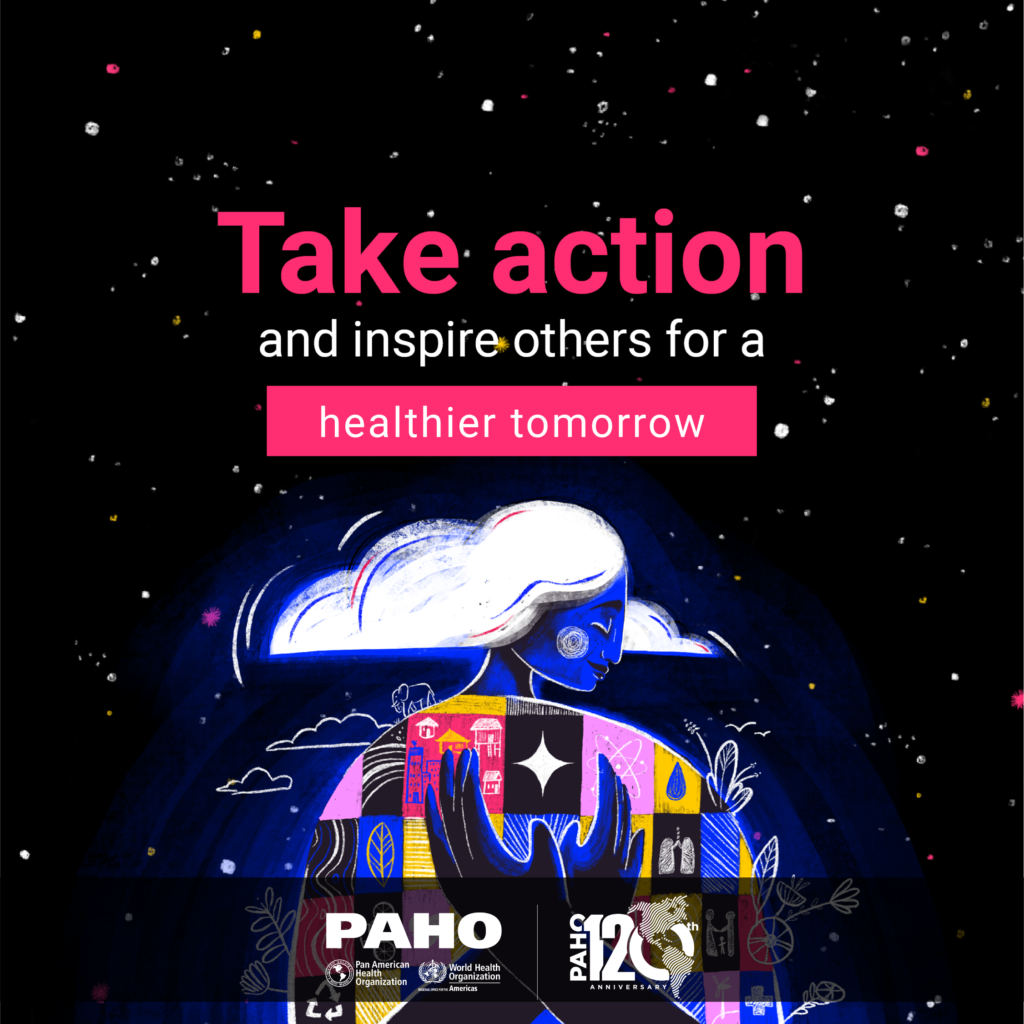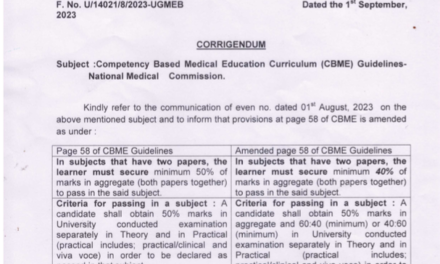Are we able to reimagine a world where clean air, water and food are available to all?
Where economies are focused on health and well-being?
Where cities are liveable and people have control over their health and the health of the planet?
World Health Day is celebrated every year on 7 April to commemorate the anniversary of the founding of the World Health Organization (WHO) in 1948.
Each year for this date, a theme is chosen that highlights an area of priority concern for WHO. In the face of the current pandemic, a polluted planet, and an increasing incidence of diseases, the theme for World Health Day 2022 is Our Planet, Our Health.
On climate and health
1. Climate change is the single biggest health threat facing humanity. The impacts are already harming health through air pollution, disease, extreme weather events, forced displacement, food insecurity and pressures on mental health. Every year, environmental factors take the lives of around 13 million people.
2. Meeting the goals of the Paris Agreement could save about a million lives a year worldwide by 2050 through reductions in air pollution alone. Avoiding the worst climate impacts could help prevent 250,000 additional climate-related deaths per year from 2030 to 2050, mainly from malnutrition, malaria, diarrhoea and heat stress.
3. The value of health gains from reducing carbon emissions would be approximately double the global cost of implementing carbon mitigation measures.
4. Over 90 percent of people breathe unhealthy levels of air pollution, largely resulting from burning fossil fuels driving climate change. In 2018, air pollution from fossil fuels caused $2.9 trillion in health and economic costs, about $8 billion a day.
5. Transportation produces around 20 percent of global carbon emissions. Alternatives like walking and cycling are not only green but also offer major health benefits, such as reducing the risk of many chronic health conditions and improving mental health.
6. Systems to produce, package and distribute food generate a third of greenhouse gas emissions. More sustainable production would mitigate climate impacts and support more nutritious diets that could prevent close to 11 million premature deaths a year.
7. Health systems are the main line of defense for populations faced with emerging health threats, including climate change. To protect health and avoid widening health inequities, countries must build climate-resilient health systems.
8. The majority of countries identify health as a priority sector vulnerable to climate change. But a huge financial gap remains. Less than 2 percent of multilateral climate finance goes to health projects.
9. Healthy societies rely on well-functioning ecosystems to provide clean air, freshwater, medicines and food security. These help to limit disease and stabilize the climate. But biodiversity loss is happening at an unprecedented rate, impacting human health worldwide and increasing the risk of emerging infectious diseases.

What can you do to protect our planet and our health?
Governments:
- Prioritize long-term human wellbeing and ecological stability in all decision-making.
- Prioritize well-being in all businesses, organizations, social and ecological goals.
- Keep fossil fuels in the ground. Stop new fossil fuel exploration and projects and implement policies on clean energy production and use.
- Stop fossil fuel subsidies. Re-invest fossil fuel subsidies in public health.
- Tax the polluters. Incentivize carbon reduction.
- Implement the WHO air quality guidelines.
- Electrify health care facilities with renewable energies.
- Reduce air pollution levels to reduce the burden of disease from stroke, heart disease, lung cancer, and both chronic and acute respiratory diseases, including asthma.
- Tax highly processed foods and beverages high in salt, sugars and unhealthy fats.
- Implement policies to reduce food wastage.
- Repurpose agriculture subsidies towards sustainable and healthy food production.
- Build cities with green spaces that promote physical activity and mental health.
- Take the pledge! Adopt WHO’s green manifesto.
- Tobacco pollutes the planet and our lungs. Create smoke-free cities and tax tobacco.
- Devise policies on waste and plastic reduction.
- Integrate mental health and psychosocial support with climate action and policies to better prepare for and respond to the climate crisis.
- Work together with community leaders that include representatives of refugees and migrants on mitigation and adaptation measures of climate change and support initiatives led by refugee and migrant communities at local level.
Corporations:
- Switch off lights after working hours.
- Support teleworking when possible.
- Remove highly processed and packaged foods from the workplace.
- Reduce the greenhouse gas emissions of your activities.
- Protect, promote and support breastfeeding. Breastfeeding is healthy and sustainable food for babies.
- Ensure safe water is accessible for workers.
Health workers and health facilities:
- Support efforts to reduce health care waste.
- Provide sustainably grown local food and ensure healthy food choices by reducing sodas and highly processed and packaged food in health facilities.
- Decarbonize health facilities.
- Identify opportunities to save energy.
- Ensure safe clean water at health facilities.
- Support purchase of environmentally friendly products that are easily recyclable or reusable.
- Advocate for health to be at the centre of climate change policies

Mayors promote:
- Promote energy-efficient buildings.
- Engage in low-carbon public transport.
- Build new bike lanes and footpaths.
- Protect biodiversity and create new parks and gardens.
- Switch to renewable energy for municipal operations.
- Ensure low-income households and health care facilities have access to clean, affordable energy.
- Partner with the local business community to support sustainability.
- Regulate the marketing of unhealthy foods and beverages in public spaces.
Individuals:
- Share your story: our planet, our health.
- Raise your voice and demand climate actions to protect your health.
- Take action, inspire others” – join our five-point plan:
- Walk or pedal to work at least one day a week. Choose public transport.
- Change to a renewable energy provider; don’t heat your rooms over 21.5C; turn off the light when not in the room.
- Buy your fresh groceries from local producers and avoid highly processed foods and beverages.
- Tobacco is a killer and a polluter. Stop consuming tobacco.
- Buy less plastic; use recyclable grocery bags.












